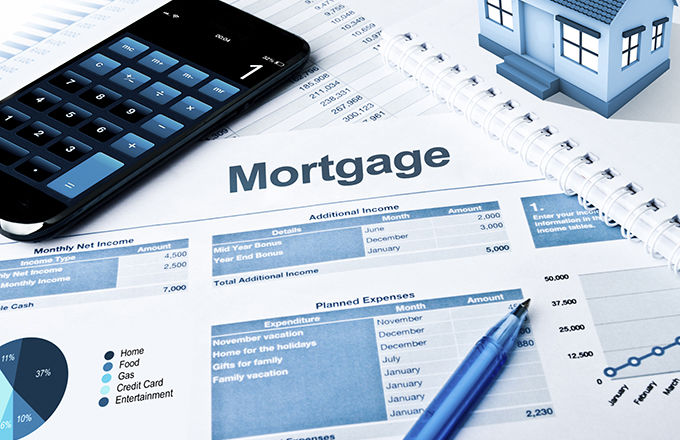Financial planners continue to sound the alarm. If you’re like most people, you haven’t saved enough for retirement. In fact, you may well be dangerously behind. One of the big reasons might be your mortgage. In other words, your home is costing you too much and it’s robbing your retirement.
But wait. Before you say, “Yeah, I know, my home is too expensive,” that may not be the problem. Instead, it might be how you structured your mortgage.
How Mortgages Affect Savings
When people purchase a home, most have to find a mortgage. Many won’t shop around at all – bad idea – but for those who do, it’s difficult to understand what they’re looking at.
Lenders give you a good faith estimate filled with numbers in an endless sea of columns that are confusing at best. It’s easy to gravitate to the one column you do understand: the monthly payment. Looking at these competing estimates, it’s natural to pick the winning mortgage based on the lowest monthly payment. What mortgage professionals will tell you is that this is a bad way to evaluate a loan.
(Read more about Generate Income For Retirement with Real Estate)
The lower your monthly payment amount, the more you’re paying to use the lender’s money. One reason: It’s likely that to achieve that lower monthly payment you’re borrowing the money over a longer period of time – and thus paying more interest. You could also pay for points to buy down your interest rate to save money over time.
Understanding the Difference
What does this have to do with your retirement? Because you’re likely paying a lot of money in interest to your mortgage company that could be going to your retirement. Here’s how the math works out.
Let’s say you were purchasing a home with a $250,000 loan and your down payment was 10% on a 30-year fixed mortgage with an interest rate of 4%. After 30 years, you will have paid $429,674 in total payments. If you did a 20-year fixed-rate mortgage with the same amount down you would have paid a bit over $300 more per month, but your total cost over 20 years would be $363,588. That’s $66,086 that you keep for retirement. If you did a 15-year loan you would have about $96,814 extra in your pocket.
(Read more about Real-Estate Rents Can Fund Your Retirement)
How much that money could appreciate in value over time is subject to many variables. But if that $66,086 gained 5% each year for 10 years, you would have more than $107,000 extra for retirement.
And don’t forget that you’re building equity in your home faster with a shorter term loan. Assuming your home rises in value, you will get the equity back when you sell your house.
The Bottom Line
Of course, the example above is overly simplified – and with a 10% down payment, you’ll also have to pay for private mortgage insurance (PMI). But while the components of your mortgage, retirement strategy and future market conditions are variables that can’t be generalized, the message is clear: If you have the ability to cover a higher mortgage payment, it will put more money in your pocket later on. That’s money you can invest into your IRA, 401(k) or other tax-advantaged retirement account, 529 plan or non-tax advantaged brokerage account.
A lower mortgage payment doesn’t save you money. Unlike other purchases, paying less doesn’t mean you got a better deal. In most cases, if you pay less per month it means that your mortgage has a longer term and you’re paying more in the end because of all the interest you’ll fork over.
There’s usually no penalty for paying off your mortgage early and if you double up your payments, that’s less interest you’re paying over time. Additionally once you reach 20% equity in your home, you no longer have to pay PMI – a roughly $60 per month saving in our examples above. Other sources say PMI could exceed $90/month for loans of this size.
If you want to learn more about property investment, click the following link: PropertySeminar.com.my
How to use creative strategy to own a property in Malaysia? Click the following link to learn more: PropertyMillionaireIntensive.com
